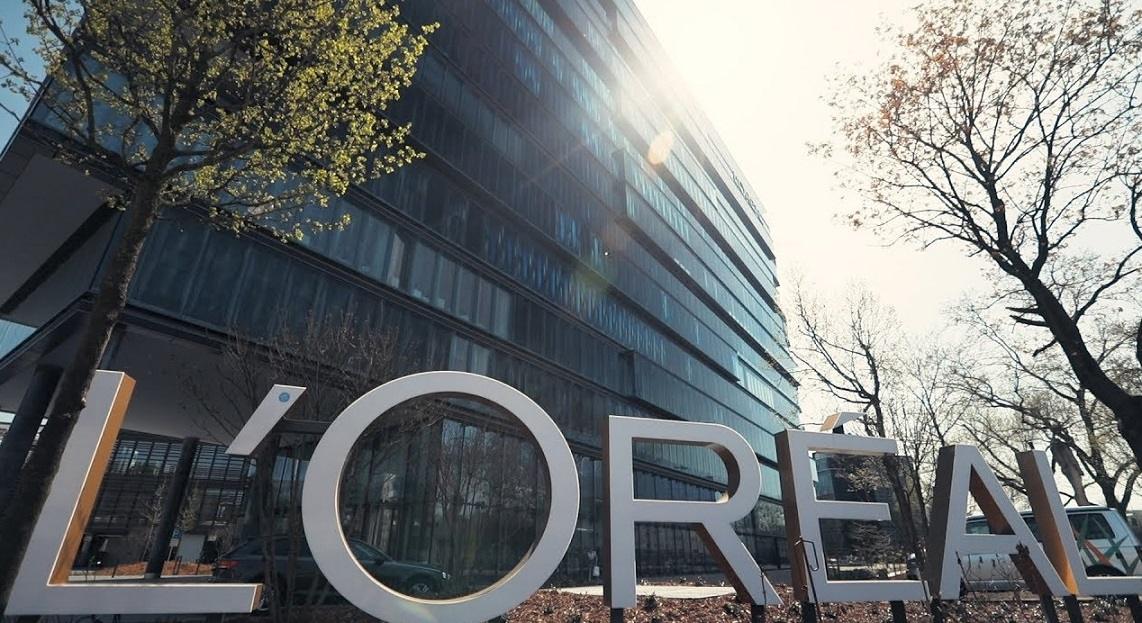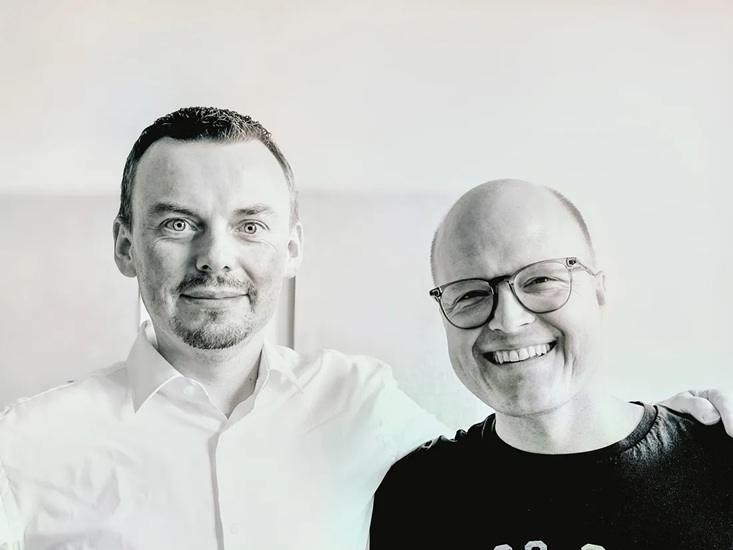L’Oréal to Source Recycled Plastic for Cosmetic Packaging from Veolia
L’Oréal and resource management-focused company Veolia announced a new partnership for the supply of recycled plastic for L’Oréal’s packaging worldwide.
According to Veolia, using recycled plastic for cosmetic packaging can avoid 50% to 70% of CO2 emissions compared to a standard bottle. Veolia utilizes a pelletisation technology to recycle plastics, based on a system for the elimination of organic compounds to obtain plastic at a quality equivalent to that of virgin plastic. The plastic used will be derived from waste from consumer packaging, especially plastic bottles.
Johann Bonnet, Vice-President in charge of Business Development and Strategic Accounts at Veolia said:
“As a global champion of ecological transformation, Veolia is committed to reducing plastic waste and to promoting industrial ecology. We are delighted to support L’Oréal in achieving its sustainable development objectives, by providing our know-how in resource recovery and recycling. Our ambition is to be a privileged partner for all international brands wishing to develop sustainable packaging processes using recycled plastic all over the world in order to meet the major environmental challenges that face us all.”
The new partnership follows the launch by L’Oréal last year of its “L’Oréal for the future” sustainability program, which included commitments such as moving to recycled or bio-based sources for 100% of the plastics used in L’Oréal’s products’ packaging and reducing greenhouse gas emissions by 50% per finished product by 2030.
Jacques Playe, Packaging and Development Director of L’Oréal said:
“We are pleased to enter into this partnership with Veolia for the supplying of very high-quality recycled plastic dedicated to cosmetic packaging, because we share the same ambitions and values in terms of sustainable development. This will contribute to our sustainable development programme “L’Oréal for the Future”, enabling us to achieve our 2030 ambitions and significantly improve the environmental footprint of our packaging. We are convinced that we will succeed in promoting the circular economy if we join forces with expert partners to attain common objectives. This approach can be referred to as working in an extended ecosystem.”





